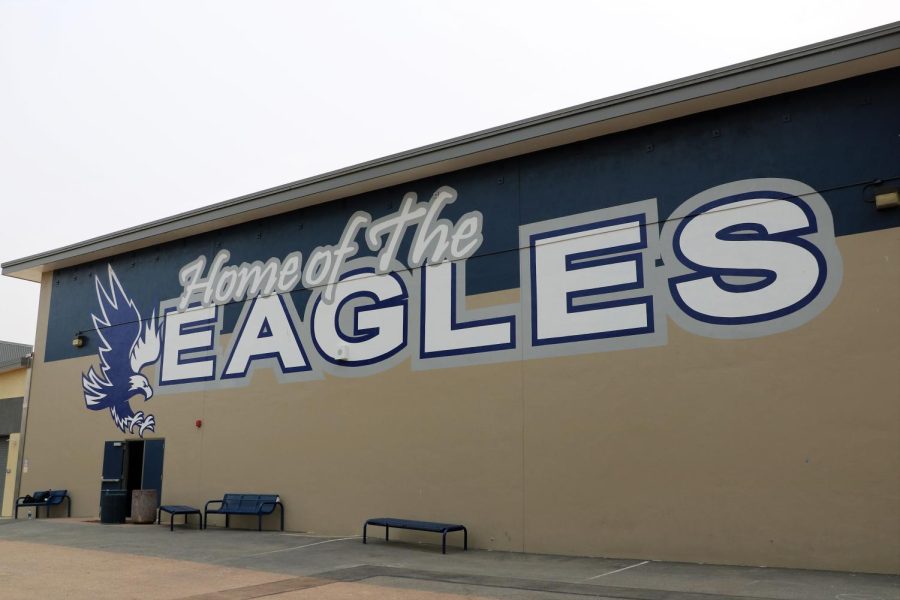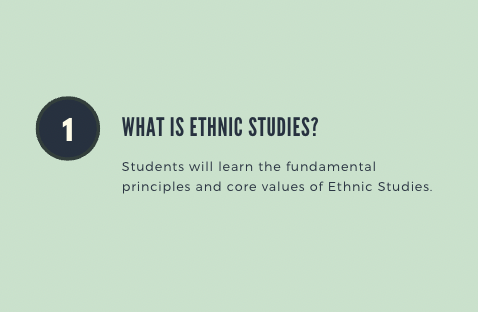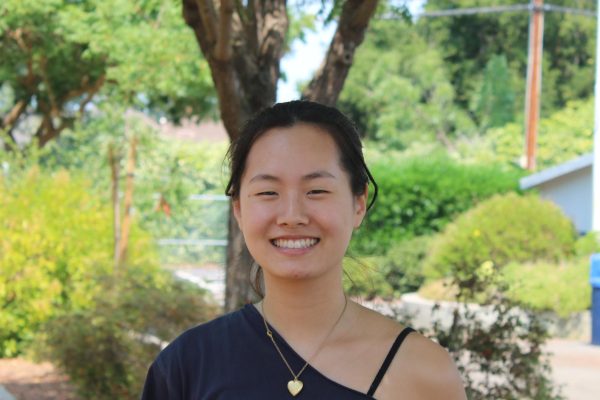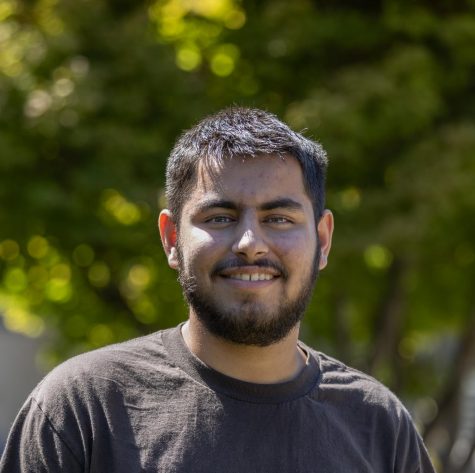The values behind Ethnic Studies: A course overview
The Los Altos High School Robotics Team set new records for the school at this year’s FIRST robotics world championship.
Pending final approval from the Mountain View-Los Altos District, the Ethnic Studies task force is finalizing the new course with the addition of new units and course plans. A second proposal to the District will be made in the spring of 2022
Through these units, the task force aims for classes to be more culturally responsive and inclusive to allow students to form their own opinions.
“The purpose of Ethnic Studies, on a big picture level, is to create an environment and a school community for all of our students that builds empathy, and connection, and understanding, and solidarity,” said Julie Yick, Ethnic Studies task force chair and Social Studies teacher at Mountain View High School.
These core values are to become the building blocks of the curriculum, which features social movements, cultural contributions and racial backgrounds.
While the main framework for the course is finalized, the Ethnic Studies task force is still producing its day-to-day curriculum. With this in place, each course team will create fundamental questions and curricular units for their particular module of the unit.
Currently, units are broken down into six different components, each focusing on the exploration of students’ personal identities and the experiences of minorities within the United States. The unit breakdown is shown below.
Not only does Ethnic Studies intend to help students strengthen their civic engagement, but the course will also be focused on helping students develop critical thinking and additional academic skills. This will be done by analyzing documents, participating in socratic seminars and writing DBQs (Document Based Questions) in order to prepare for higher academic learning in sophomore year courses.
Along with exploring student identities, the course is designed to allow students to look at the parts of the community seldom represented in traditional history courses, such as ethnic minorities and members of the LGBTQ+ community.
“It’s looking at both power and resistance and the achievement of folks that are not normally acknowledged in the curriculum,” said Seth Donnelly, Ethnic Studies task force member and Social Studies teacher.
This course will be piloted on a smaller scale in the 2022–2023 school year, targeted towards freshmen. The pilot course will allow the task force to reflect on their units and provide a chance for students and teachers to share feedback on the course. Ethnic Studies will be fully implemented and mandatory for all incoming freshmen in the 2023–2024 school year.
“It’s important to get all incoming students to ground them right away in a class where students can really see themselves in the curriculum, where they can forge appreciation of each other and the differences between them and create empathy and solidarity right away at the start of high school,” Donnelly said.
Traditionally, American history courses are told from a western point of view, focusing on the white majority; Ethnic Studies aims to change that by highlighting the experiences of minorities.
“Both sides are part of the American experience,” Social Studies Department Coordinator Derek Miyahara said. “I think our students will be better if they get the whole story rather than just part of the story.”






